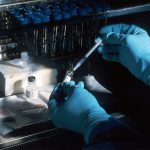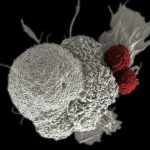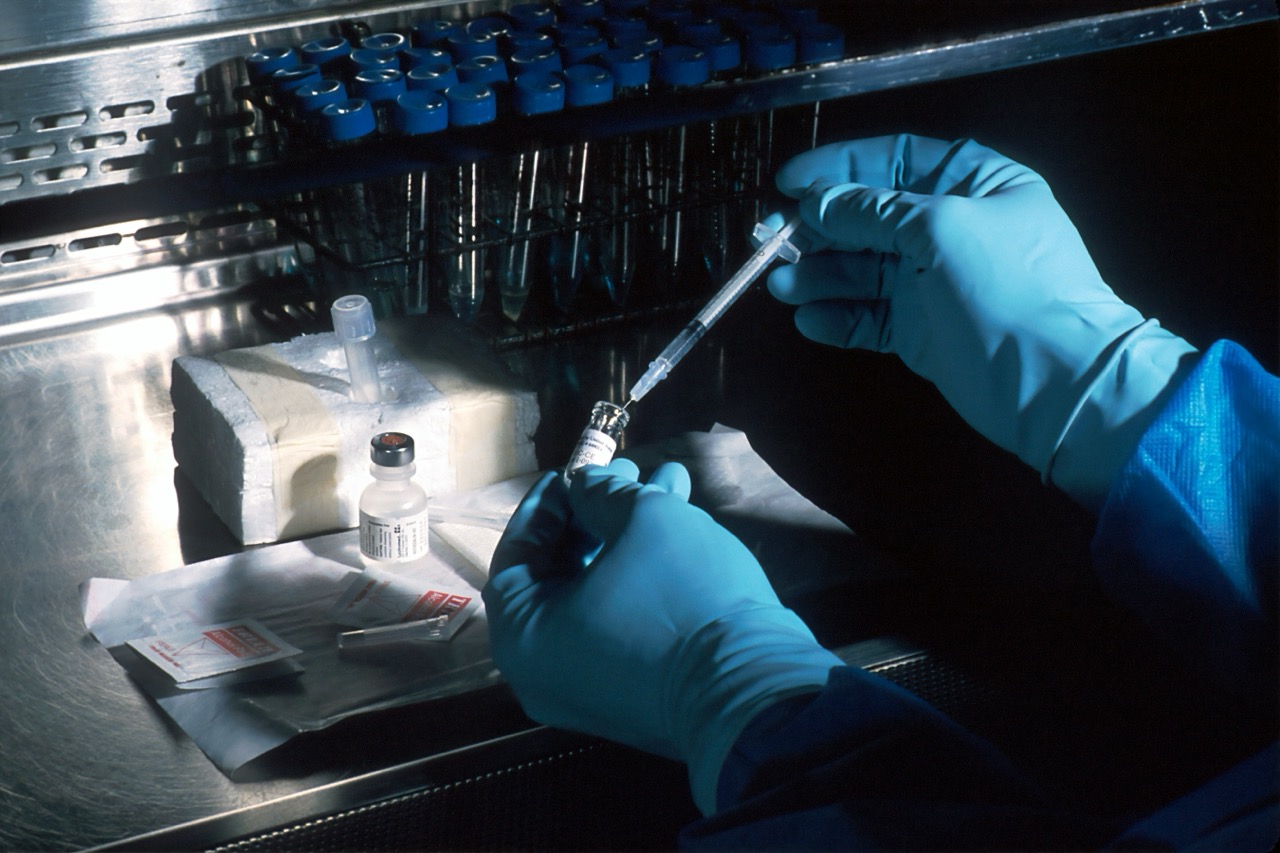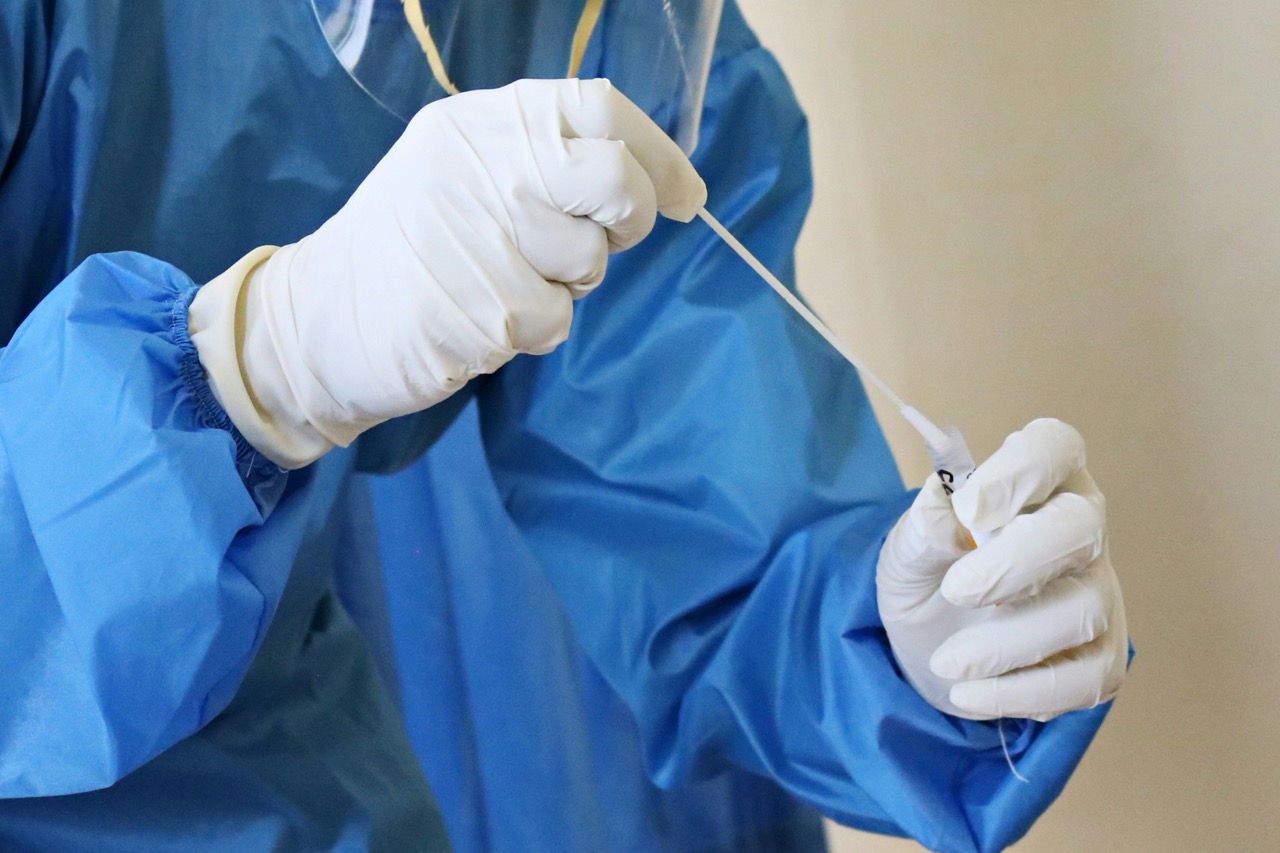Human Papillomavirus (HPV) is one of the most common sexually transmitted infections globally, with various strains leading to conditions ranging from benign warts to various cancers. While most HPV infections resolve spontaneously within two years, a subset of individuals may experience persistent infections that increase the risk of developing serious health issues. Understanding the factors contributing to HPV persistence is crucial for improving treatment outcomes and public health strategies. Among these factors, psychological stress has emerged as a significant area of interest, influencing the immune response and potentially affecting the body’s ability to clear the virus. This article delves into the dynamics of HPV infection and persistence, the biopsychosocial model of stress, relevant correlative studies, and the implications for treatment in managing stress among HPV patients.
Understanding HPV: Infection Dynamics and Persistence Factors
Human Papillomavirus primarily spreads through skin-to-skin contact, and while most individuals encounter the virus at some point, only a fraction develop persistent infections. The persistence of HPV is influenced by various biological factors, including the host’s immune response, the specific strain of the virus, and co-infections with other sexually transmitted infections. The immune system plays a critical role in controlling and eliminating HPV, and when it is compromised—whether due to factors like age, health status, or stress—it may fail to clear the infection effectively.
In addition to biological factors, lifestyle choices and environmental conditions also contribute to HPV persistence. Factors such as smoking, poor nutrition, and lack of physical activity may hinder the immune system’s ability to respond to the virus. Moreover, the health system’s accessibility and individual attitudes towards healthcare can influence the chances of early detection and intervention, which are vital for preventing the progression of HPV-related diseases.
Understanding the dynamics of HPV infection and the factors that promote its persistence is essential for developing targeted prevention and treatment strategies. By addressing both biological and lifestyle factors, healthcare providers can better assist patients in managing their HPV infections and reducing long-term health risks.
The Biopsychosocial Model: Stress and Its Physiological Impact
The biopsychosocial model emphasizes that health outcomes are influenced by the interplay of biological, psychological, and social factors. Stress, a psychological factor, has well-documented physiological consequences that can undermine immune functioning. Chronic stress can lead to dysregulation of the hypothalamic-pituitary-adrenal (HPA) axis, resulting in elevated cortisol levels that may suppress immune responses. This suppression can impair the body’s ability to manage viral infections like HPV, potentially leading to increased rates of persistence.
Moreover, stress can affect a person’s lifestyle choices, such as diet, sleep patterns, and engagement in healthcare practices. When individuals are under stress, they may neglect healthy behaviors that are crucial for maintaining a robust immune system. For instance, stress can lead to an increase in smoking and alcohol consumption, both of which are known risk factors for HPV-related conditions. Thus, the psychological state of an individual can create a feedback loop that exacerbates health issues related to HPV.
Recognizing the multifaceted nature of stress allows for a more comprehensive approach to HPV management. By understanding how psychological well-being impacts physical health, healthcare providers can better support patients through interventions that address both mental and physical health, ultimately leading to improved outcomes.
Correlational Studies: Stress Levels and HPV Persistence Rates
Recent research has begun to explore the correlation between stress levels and HPV persistence rates. Several studies have indicated that individuals experiencing chronic stress, whether due to life events, mental health issues, or social factors, are more likely to have persistent HPV infections. A study published in the "Journal of Infectious Diseases" found that women with higher perceived stress levels had significantly lower rates of HPV clearance compared to those with lower stress levels. This underscores the potential link between stress and the body’s ability to combat HPV effectively.
Moreover, studies have shown that specific populations, such as those living in socioeconomically disadvantaged areas, may experience heightened levels of stress due to factors like financial instability, lack of healthcare access, and social support. These stressors can lead to increased HPV persistence and related health complications. For instance, a research project conducted in urban settings found that women with frequent exposure to chronic stressors had a higher prevalence of HPV-related lesions, suggesting that stress not only affects persistence but may also contribute to the progression of HPV-related diseases.
These findings highlight the need for further research to clarify the mechanisms by which stress influences HPV persistence. Understanding these relationships can inform healthcare providers about the importance of addressing stress management as part of comprehensive HPV care, paving the way for more effective interventions.
Implications for Treatment: Managing Stress in HPV Care Strategies
The implications of the relationship between stress and HPV persistence are profound for treatment strategies. Given that stress may inhibit the immune system’s effectiveness in combating HPV, healthcare providers are encouraged to incorporate stress management techniques into their care plans. Approaches such as cognitive-behavioral therapy (CBT), mindfulness practices, and stress reduction programs can help patients manage their stress levels, potentially enhancing their immune response to HPV.
Another vital aspect is the integration of social support mechanisms in treatment protocols. Encouraging patients to engage in community support groups or counseling can address the social determinants of stress that may affect their health. Studies have shown that individuals with robust social support networks often experience lower levels of stress and have better health outcomes, including enhanced immune function against viral infections like HPV.
Furthermore, educating patients about the connection between stress and HPV persistence can empower them to take an active role in their health management. Providing resources and tools for stress management not only aids in the treatment of HPV but can also promote a holistic approach to patient care that enhances overall well-being. By recognizing and addressing the role of stress in HPV persistence, healthcare providers can enhance treatment efficacy and improve patient quality of life.
In conclusion, the intricate relationship between stress and HPV persistence highlights the need for a comprehensive understanding of the factors influencing viral infections. The biopsychosocial model provides a valuable framework for considering how psychological and social elements intertwine with biological factors to affect health outcomes. Recognizing the impact of stress on HPV persistence can lead to more effective treatment strategies that incorporate stress management, ultimately improving patient care and health results. As research continues to unfold in this area, it becomes increasingly essential for healthcare professionals to adopt a holistic approach in managing HPV, addressing both the physical and psychological dimensions of patient health.










